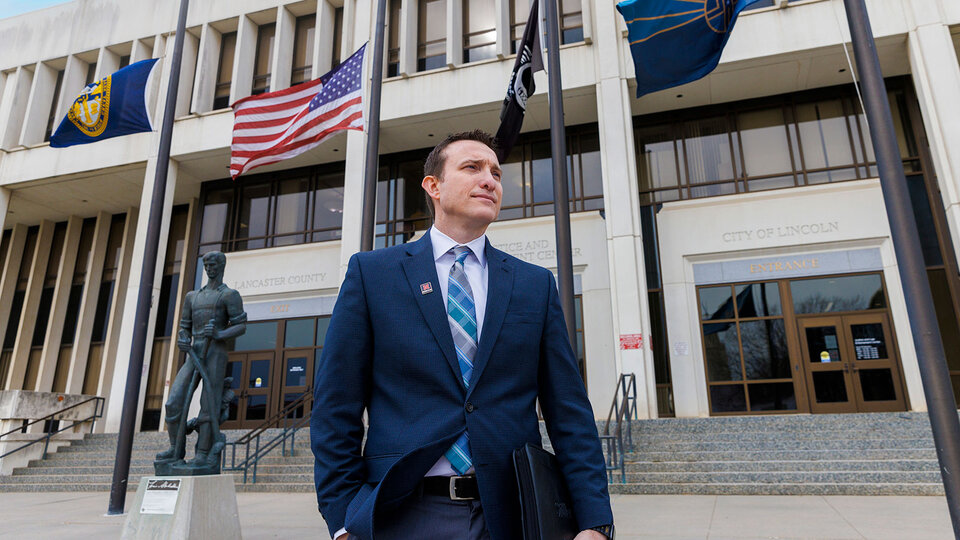Content
Free speech and academic freedom are both vital to a healthy university and educational system, but it can be easy to confuse the two concepts. This resource was developed to explain how they are similar, how they are different, and how each is protected.
Free Speech
- Free speech is a legal right, guaranteed by the First Amendment to the U.S. Constitution. At private and state institutions, speech can be subject to various limitations, such as the time, place, and manner in which speech can occur. For example, UNL has a policy for the use of university facilities and grounds.
- Context and location matter a great deal in free speech. It is not just a freedom to say whatever you like in any time or place. Certain types of speech, such as true threats, are not protected.
- When exercising free speech rights, it is important to be sensitive to the fact that certain statements can be very damaging to students and colleagues, especially those who may already feel marginalized. Our focus as a university is to provide the best climate for learning and working for our campus community.
- Faculty should remember that the public may judge their profession and their institution by their remarks. Hence, they should always strive to be accurate, should exercise appropriate restraint, should show respect for the rights of others to their opinions, and should make every effort to indicate that they are not speaking on behalf of the institution.
Academic Freedom
- Academic freedom is a core value within higher education, codified in sections 4.1-4.2, 4.4.4, and 4.5-4.18 of the University of Nebraska Board of Regents Bylaws, that protects those teaching and researching within higher education for the purposes of ensuring the high quality of that work.
- Academic freedom entitles faculty to full freedom in research and the publication of the results, subject to peer review, and to freedom in the classroom in discussing their subject. At the same time, faculty should be careful not to spend extensive time discussing controversial matters that have no relation to the topic of the class. Academic freedom is delimited by requirements of germaneness and professional competence.
- Academic freedom does not protect faculty from failing to meet high expectations of performance; guarantee lifetime employment; give protection from violating federal, state or local laws; give the right to ignore university regulations; or protect faculty from disciplinary action. It does provide a review by a panel of faculty when pending discipline or termination to ensure such actions were taken for appropriate reasons and do not violate principles of academic freedom.
- Academic freedom is protected by university policies and faculty vigilance. Faculty have the responsibility to review, and correct if necessary, each other's teaching and research. It is incumbent on the faculty to ensure that they are held accountable for the standards and quality of their teaching and research.
Resources
- American Association of University Professors
- AAUP 1940 Statement on Principles of Academic Freedom
- UNL Faculty Handbook
- UNL Faculty Rights Document
- UNL College of Arts and Sciences statement on Academic Freedom in Teaching and Learning
- UNL Community Conversation on Academic Freedom Presentation Slides
- NU Board of Regents Bylaws – Chapter IV, sections 4.1-4.2; 4.4.4; and 4.5-4.18
- PEN America Campus Free Speech Guide
- Start Talking: A Handbook for Engaging Difficult Dialogues in Higher Education by Kay Landis
- Dirty Knowledge: Academic Freedom in the Age of Neoliberalism by Julia Schleck
